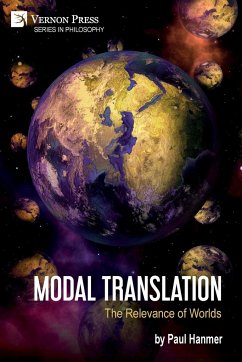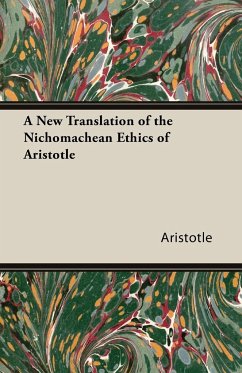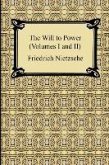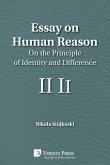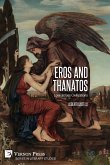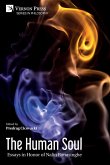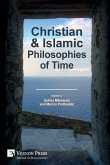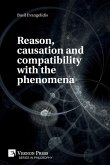This book concerns the philosophical analysis of modal sentences. David Lewis' Modal Translation Scheme "translates" sentences of quantified modal logic into sentences of predicate logic supplemented by counterpart theory. A number of theoretical advantages are thereby secured. One component of the translation scheme makes reference to non-actual but possible worlds i.e. the primitive predicate "at a world(s), w". The author addresses the problem of advanced modal sentences which threaten this predicate and so the ability of genuine realism to secure the aforementioned theoretical benefits. The problem of advanced modal sentences is a relatively new field of philosophical research. This ground-breaking book will primarily be of interest to researchers in modality, particularly those working in this field.
Hinweis: Dieser Artikel kann nur an eine deutsche Lieferadresse ausgeliefert werden.
Hinweis: Dieser Artikel kann nur an eine deutsche Lieferadresse ausgeliefert werden.

